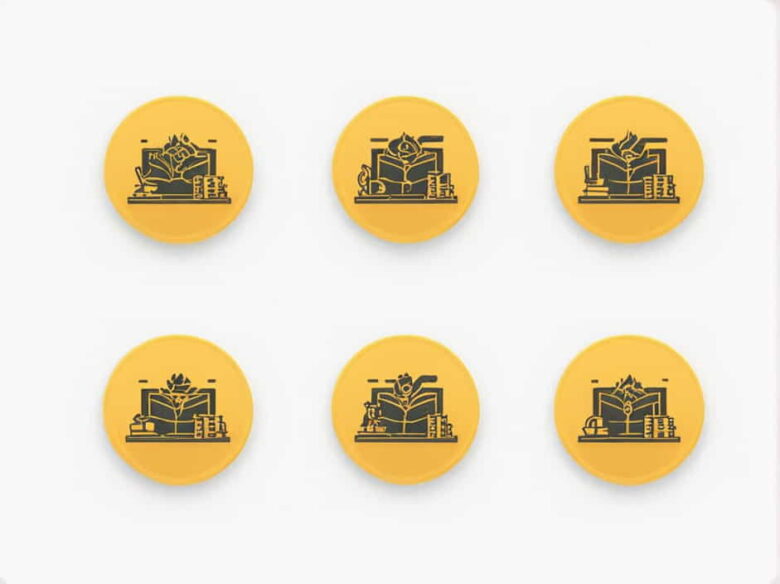The Board of Secondary Education West Bengal (commonly known as WBBSE) is an educational authority responsible for overseeing secondary education in the state of West Bengal, India. Established with the aim of improving the quality of education, WBBSE plays a crucial role in shaping the academic future of millions of students. This content provides a comprehensive overview of the board, its history, functions, examinations, and its impact on the education system in West Bengal.
History of WBBSE
The West Bengal Board of Secondary Education was established in 1951 under the West Bengal Secondary Education Act of 1950. Its primary objective was to regulate, control, and develop secondary education in the state. Over the years, the board has grown significantly, ensuring that educational standards are maintained and continuously improved.
Initially, WBBSE took over the responsibilities from the Calcutta University Examination Board, which previously managed secondary education. Since then, it has introduced various reforms to modernize the examination system and curriculum, aligning them with contemporary educational needs.
Objectives of WBBSE
WBBSE was established with the following key objectives:
- Standardization of Education: To ensure a uniform standard of secondary education throughout West Bengal.
- Curriculum Development: Designing and updating the curriculum to meet modern educational requirements.
- Examination Regulation: Conducting fair and transparent examinations for secondary students.
- Certification and Recognition: Issuing certificates recognized by educational institutions nationwide.
- Teacher Training and Development: Enhancing the quality of teaching through workshops and training programs.
These objectives help maintain the integrity and quality of the education system in West Bengal.
Functions and Responsibilities
WBBSE performs a variety of functions to fulfill its mission of providing high-quality secondary education:
1. Curriculum Design and Syllabus Development
One of the primary responsibilities of WBBSE is to design and update the curriculum for secondary education. The board ensures that the syllabus is relevant, comprehensive, and promotes holistic learning. Subjects offered include Science, Mathematics, Social Studies, Languages, and Vocational Education.
2. Examination and Evaluation
WBBSE conducts the Madhyamik Pariksha, which is the Secondary Examination for Class 10 students. It is one of the most significant public examinations in West Bengal. The board also evaluates answer sheets and declares results in a transparent and systematic manner.
3. Affiliation and Recognition
The board grants affiliation to schools across West Bengal, ensuring they follow the prescribed curriculum and maintain academic standards. It also recognizes private schools that meet specific educational criteria.
4. Publication of Textbooks
WBBSE is responsible for publishing textbooks that are in line with the curriculum. These textbooks are designed to provide accurate and relevant knowledge, helping students prepare effectively for their examinations.
5. Teacher Training Programs
To enhance the quality of education, WBBSE conducts regular training programs and workshops for teachers. These programs focus on modern teaching methodologies, technology integration, and effective classroom management.
Madhyamik Pariksha: The Secondary Examination
The Madhyamik Pariksha is the first major public examination conducted by WBBSE for students completing Class 10. It is considered a crucial milestone in a students academic journey, as the results determine their eligibility for higher secondary education.
1. Examination Pattern and Subjects
The examination is conducted in eight subjects, including:
- First Language (Bengali, Hindi, Urdu, or Nepali)
- Second Language (Usually English)
- Mathematics
- Physical Science
- Life Science
- History
- Geography
- Optional Elective (Vocational or Additional Language)
The exam pattern includes both objective and subjective questions, encouraging students to develop analytical and problem-solving skills.
2. Grading System and Evaluation
WBBSE follows a grading system based on cumulative marks. Grades are awarded from A+ (Excellent) to D (Needs Improvement), ensuring fair and transparent evaluation.
3. Results and Certification
Results are usually declared in May, and students receive a Madhyamik Pariksha Certificate upon passing. This certificate is recognized nationwide and is a prerequisite for admission to higher secondary schools.
Importance of WBBSE in West Bengals Education System
WBBSE plays a pivotal role in shaping the educational landscape of West Bengal. Its contributions include:
- Access to Quality Education: Ensuring quality education is accessible to students from all socio-economic backgrounds.
- Skill Development: Introducing vocational subjects to promote skill development and employability.
- Cultural Integration: Offering multiple language options, preserving the cultural diversity of West Bengal.
- Educational Reforms: Implementing educational reforms to align with national education policies.
Through these contributions, WBBSE helps students build a strong academic foundation, preparing them for future challenges.
Challenges Faced by WBBSE
Despite its achievements, WBBSE faces several challenges, including:
- Infrastructure Limitations: Inadequate infrastructure in rural schools affects the learning experience.
- Teacher Shortages: A shortage of qualified teachers in remote areas impacts educational quality.
- Technological Integration: Limited access to digital resources hinders modern learning methods.
- Examination Pressure: High competition and exam pressure can lead to student stress and anxiety.
To overcome these challenges, WBBSE is continuously working on infrastructure development, teacher training, and digital education initiatives.
Recent Developments and Initiatives
To keep up with evolving educational needs, WBBSE has introduced several initiatives:
- Digital Education: Implementing online learning platforms and digital resources for students and teachers.
- Curriculum Updates: Regular updates to the syllabus to incorporate contemporary knowledge and skills.
- Inclusive Education: Special programs for differently-abled students to ensure inclusive education for all.
- Anti-Cheating Measures: Strict anti-cheating policies and digital surveillance during examinations.
These initiatives aim to modernize the education system, making it more student-centric and technology-driven.
How to Prepare for Madhyamik Pariksha
Here are some effective tips for students preparing for the Madhyamik Pariksha:
- Understand the Syllabus: Familiarize yourself with the syllabus and exam pattern.
- Time Management: Create a study timetable to allocate time for each subject.
- Practice Previous Papers: Solve previous years’ question papers to understand the question format.
- Focus on Weak Areas: Identify and work on subjects or topics where you face difficulties.
- Stay Healthy and Positive: Maintain a healthy lifestyle and a positive mindset for better performance.
Following these tips will help students approach the examination with confidence and achieve excellent results.
WBBSEs Impact on Education
The Board of Secondary Education West Bengal has played a significant role in enhancing the quality of secondary education in the state. Through its consistent efforts in curriculum development, examination regulation, and teacher training, WBBSE continues to empower students with knowledge and skills necessary for their future endeavors.
Its initiatives in digital education and inclusive learning reflect its commitment to modernizing the education system. As WBBSE continues to evolve, it will undoubtedly play a crucial role in shaping the next generation of learners in West Bengal.



